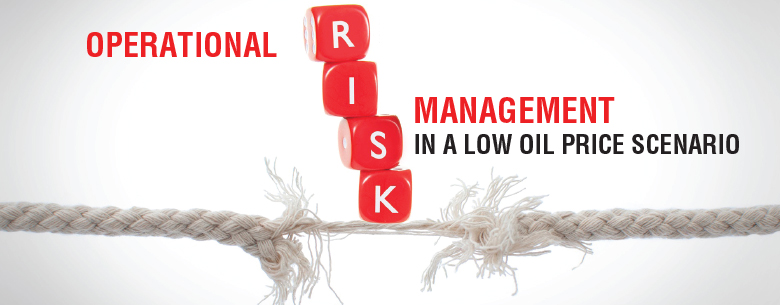Operational Risk is the potential of loss arising due to failures in systems, people and / or operational processes which can result in an impact on People, Assets / Production, Environment or Reputation. Operation Risk Management (ORM) is the means and processes through which Operational Risks are managed through an asset’s operating lifecycle.
Traditionally many Organizations in the Oil & Gas and allied sectors have developed ORM Frameworks to manage Operational Risk utilizing a Hazard & Consequence Type Model associated with an Organization Specific Risk Assessment Matrix and other tools against a specific Risk Tolerability Criteria pending their risk appetite.
It is clear from an analysis of past major industrial accidents that Operational Risk needs to be managed in a coherent manner given their potential adverse impact,
But, is the industry focusing enough attention during an asset’s operating lifecycle which could be between 20 – 25 years, during which time organizations face the major operational risk exposure. Moreover, can operational risk be minimized or completely avoided.
In reality no organization can eliminate operational risk totally, however, this can be reduced to As Low As Reasonably Practicable (ALARP) by employing additional residual risk measures, protocols and Best Practices to the point at which the incremental benefit of level of risk reduction achieved is out weighted by the cost.
Key Benefits of ORM
The benefits of managing Operational Risk effectively during an asset’s operating lifecycle can be summarized as follows:
However, the above benefits can only be realized if asset Integrity management and maintenance programs are aligned to asset requirements through their lifecycle. It can also be argued that additional emphasis should also be placed on understanding more precisely the integrity of each asset, given stage in its life cycle, life extension / remnant life assessment , in an environment of ageing infrastructure particularly in the Middle East Region.
Why ORM should not be compromised in a low oil price scenario
The current scenario of a low Oil Price (from a peak of over 100 USD per Barrel in 2014/2015 to a low of just under 28 USD per Barrel in Q1 2016), has initiated a wave of capital rationing, new project cancellations or deferment, cost reduction measures and streamlining of operations and staffing in the Oil & Gas and allied sectors both in the Middle East Region and Worldwide.
This situation could have an impact on increasing operational risks of existing assets if not addressed.
This recent shift in focus of sector’s cost cutting activities, has further exacerbated the potential for major industrial accidents, pending the focus of cost cutting measures. If such cost reduction measures are too deep or not optimized, then this could lead to inefficient operations and increased operational risk along with not meeting the major goal of maximizing production in a safe manner.
[Tweet “Operational #Risk #Management in a Low Oil Price Scenario”]
Despite an oil price recovery to approximately 50 USD per Barrel in Q2 2016, there seems little evidence of this cost cutting trend reversing. This must also be viewed in the context of an ageing infrastructure and uncertainty in asset integrity particularly in the Middle East Region.
While the Oil & Gas and allied sectors continue to implement traditional measures of ORM as a basis for reducing operational risk (e.g. carrying out Task / Job Safety Analysis Risk Assessments, updating operation management, Permit To Work and Management of Change (MOC) Procedures as an asset is modified during its life cycle) incidents continue to occur. This seems to suggest that organizations in the sectors are missing something here?
It is further suggested that a new approach to and emphasis on ORM is required and embedded into an organisation’s Enterprise Risk Management (ERM) Strategy, processes, policies, procedures and decision making in order to reduce the likelihood of untoward events and incidents occurring.
How can companies not compromise on ORM in a low oil price scenario
Given what we know and understand, it can be concluded that:
Also Read : Converging Organization’s Governance,Risk & Compliances
Such a paradigm shift in thinking and approach to operational risk management of an asset during its operation lifecycle should give due consideration to the following:

